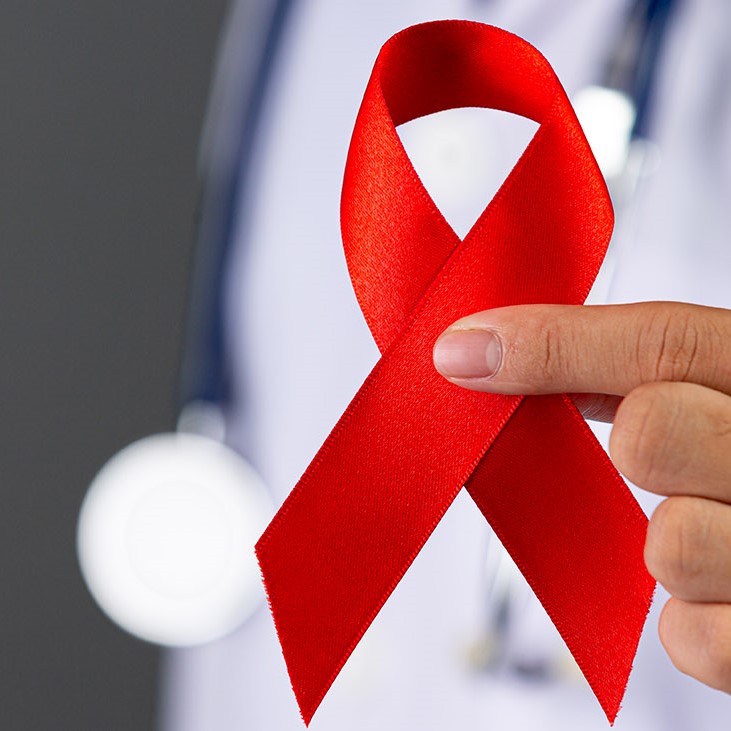- Your cart is empty
- Continue Shopping
HIV Awareness
- Family Care
- Posted on
-
by Deanne Hart

HIV Awareness – Julia Angowaska, Pharmacist – The Phoenix Stores
Background
HIV awareness month provides an opportunity to educate people about HIV testing, prevention, and treatment and reduce stigma and discrimination towards people who live with the virus. It also serves as a reminder of the ongoing need to support research efforts towards finding a cure and developing new treatment options for this condition.
HIV (Human Immunodeficiency Virus) is a virus that attacks the immune system, making it harder for the body to fight off infections and diseases. If left untreated, HIV can lead to AIDS (Acquired Immunodeficiency Syndrome), which severely weakens the immune system and leaves the body vulnerable to life-threatening infections and cancers. HIV is transmitted through sexual contact, sharing needles or other drug injection equipment, from mother to child during pregnancy, childbirth or breastfeeding, and through blood transfusions or organ transplants.
HIV in Bermuda
Like many other countries and territories worldwide, Bermuda has been affected by the HIV/AIDS epidemic. According to the Bermuda HIV/AIDS report in December 2021, an estimated 304 persons live with HIV in Bermuda – making up 0.5% of Bermuda’s population. Most of these cases were among men (60%), and the most common cause of transmission was heterosexual contact (80%). The report also notes that there has been a decline in the number of new cases in Bermuda in recent years, with less than ten new diagnoses reported between 2011- 2021. Increased awareness, testing and the availability of antiretroviral therapy (ART) can attribute the decline.
Overall, the condition remains a significant public health issue on the island, and continued efforts are needed to ensure that all residents have access to the information, resources, and support they need to prevent and manage this condition.
Prevention, Testing & Treatment
Preventing transmission of the virus is crucial for individual and public health. It is a shared responsibility, and promoting awareness, encouraging loved ones to take protective measures, and implementing evidence-based strategies can reduce the burden of HIV globally. Methods such as using condoms, taking PrEP or PEP, getting tested for HIV regularly, providing clean needles and addressing social inequalities can effectively prevent HIV.
There is currently no cure for HIV, but effective ART can suppress the virus and prevent the progression to AIDS, enabling people to live long and healthy lives. The specific combination of ART medicines prescribed for a person with HIV depends on several factors, including the person’s viral load, CD4 cell count, and medical history. It is important to take medicines as prescribed to effectively control the virus and prevent the development of drug resistance.
Patients must work closely with their healthcare providers to manage their condition and maintain their health and well-being. Support from loved ones, community resources, and peer support groups can also be beneficial in navigating the challenges of living with this condition.
Support in Bermuda
Efforts are being made in Bermuda to combat HIV stigma and discrimination. For example, the Bermuda AIDS Support and Prevention (BASAR) organization provides support and advocacy for people living with HIV, as well as education and outreach to reduce the stigma and increase awareness about prevention and treatment. In Bermuda, the island’s public healthcare system provides government-funded treatment. Individuals with HIV can receive treatment and care through the island’s hospital and clinics, including the Bermuda Hospitals Board and the Communicable Disease Control Clinic. Private healthcare providers also offer HIV treatment, but these services can be expensive and may not qualify for insurance coverage.
The Communicable Disease Control Clinic gives access to confidential testing, treatment and counselling. To get tested, a client needs to be 16 years of age. If you are underage, an adult needs to be present. The clinic is at 67 Victoria Street in Hamilton (2nd floor of the Department of Health). The service is free, but a small fee is usually applied if you are a male over 18 years without insurance. The turnover time for test results is generally 48 to 72 hours.
If you have any questions, do not hesitate to contact the clinic at (441) 278-6442.


